State Scorecards
STARR
State Training Analysis, Research & Ranking
Training standards vary widely across the country, and to know how to improve training we first need to identify the problems unique to a particular state's training program. To this end, the Institute has developed its State Training Analysis, Research and Ranking (STARR) system to assess how states are performing in the six critical areas shown below. Using STARR, we can assess and compare state-level training and recruitment standards and practices across the country.
ACADEMIC STANDARDS—Does the state's training program ensure that law enforcement has the basic knowledge and leadership qualifications needed to perform their duties?
COMMUNITY STANDARDS—Does the state's training program ensure that law enforcement is trained to be responsive to, and respectful of, the communities they serve?
STANDARDS OF BEHAVIOR—Does the state's training program ensure that law enforcement is adequately trained in regard to issues concerning their ethical and legal obligations to the communities they serve, as well as other standards of behavior?
SAFETY & WELFARE STANDARDS—Does the state's training program ensure that law enforcement is trained in the best practices available to reduce injury to both civilians and police?
SCIENTIFIC STANDARDS—Does the state's training program utilize current, fact-based scientific standards?
TECHNOLOGY AND INNOVATION—Does the state's training program embrace innovative approaches that can improve safety while demonstrating the caution needed to resist untested or unreliable innovations, especially those that may infringe on the civil liberties of the public?
HOW DOES YOUR STATE RANK?
Find out how your state is doing and how you can get involved to promote change on the ground.
Analysis & Research
How can this problem be solved?
Outreach & Education
Is the community aware of problems and helping to craft solutions?
Community Impact
How does this policy affect my community?



